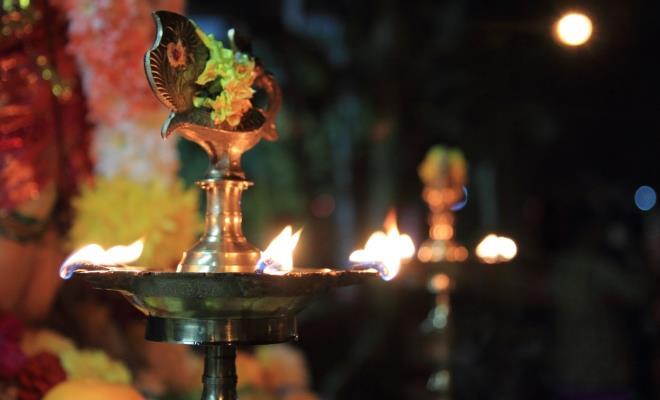Each year, according to the lunar calendar, Deepavali will fall between late October and early November. It is a vital festival for Hindus where they celebrate good prevailing over evil, light over darkness. Meaning ‘row of lights’ Deepavali or Diwali sees many lamps being lit in homes and temples deeming it as the festival of lights.


Where to Soak in the Festive Ambience in Penang
The most obvious place is, of course, at Penang’s Little India. Its cacophony of Tamil pop songs and chants piped through sound system mingle harmoniously with conversations between traders, shoppers and passers-by. More than that, as early as three weeks before the actual festival date, tents are put up outside most stores in this Indian enclave selling kitchenware, costume jewellery to go with the thousands of sari choices available and all sorts of food such as cookies, deep-fried savoury snacks and more. One way to locate this area is via sound while the other is simply follow your nose – the fragrant scent of burning incense sticks and frying food will lead you there too.
A more religious but no less festive ambience can be had along Jalan Kebun Bunga where three Hindu temples sit close to each other, leading up to the beautiful temple on the hill and Penang’s Botanic Gardens. Here, at these temples, morning prayers or puja led by the temples’ priests commence amidst a riot of colours stemming from sari-clad womenfolk, intricately drawn kolam and garlands of flowers.